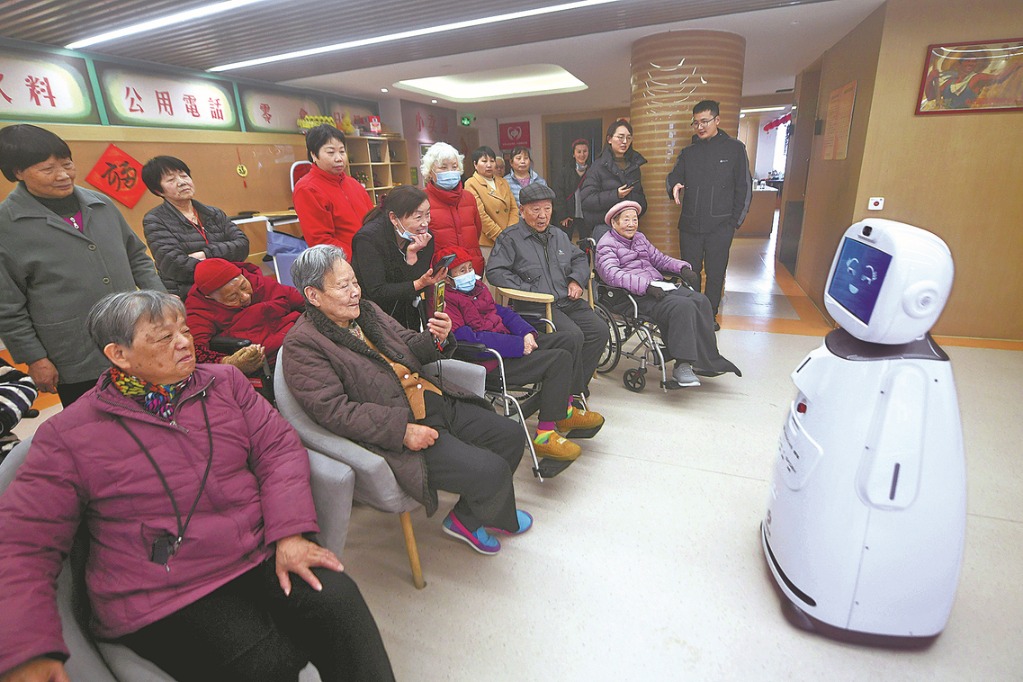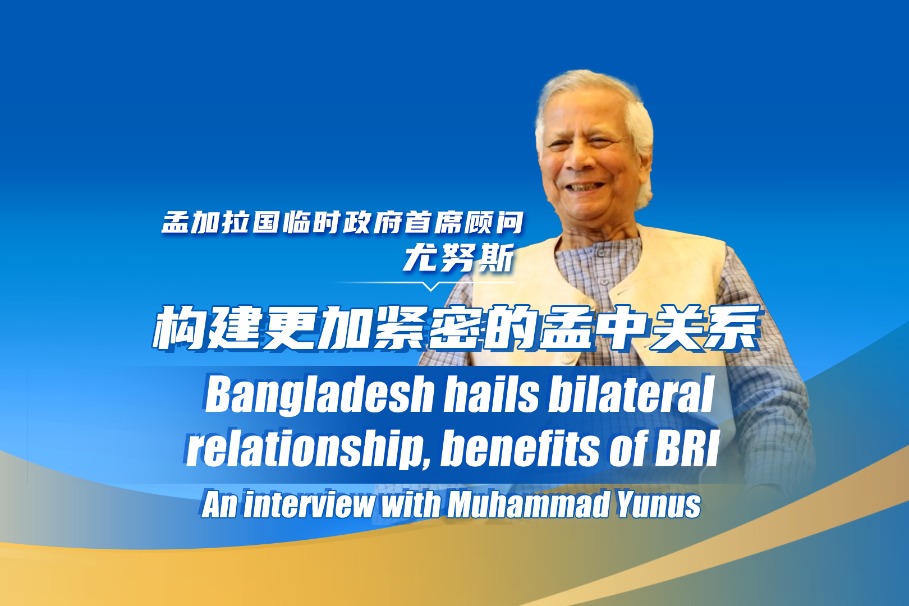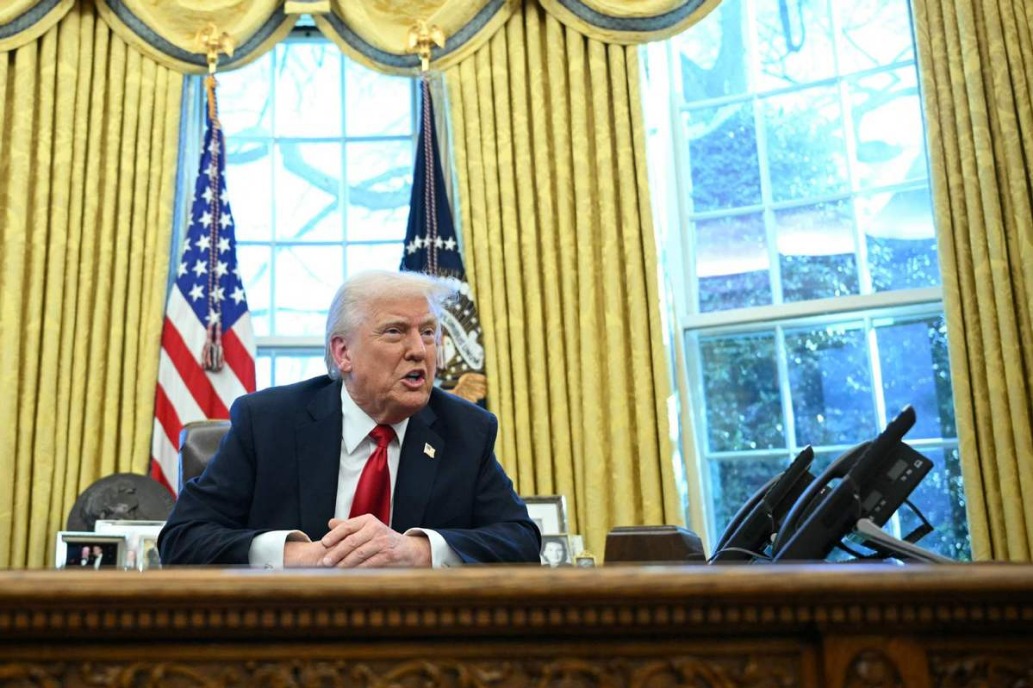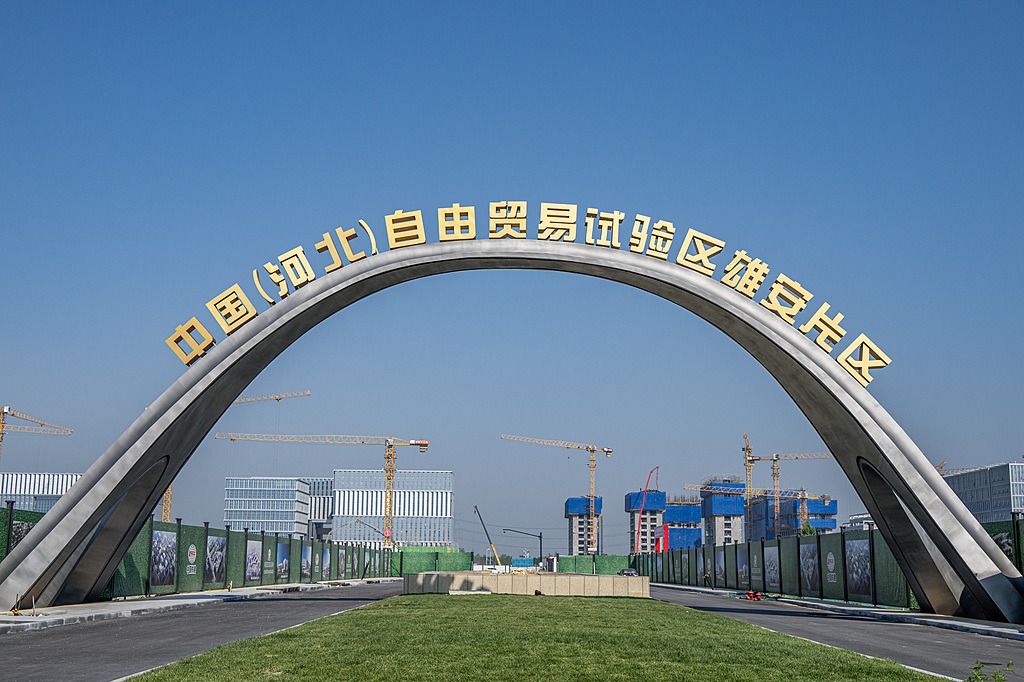Combat drill a big warning to 'Taiwan independence' secessionists


Editor's note: The Eastern Theater Command of the People's Liberation Army has started inter-service combat exercises around Taiwan Island on Tuesday, which is apparently a big warning to "pro-independence" Taiwan authorities. Experts share their views with China Daily's Yao Yuxin and Pan Yixuan. Excerpts:
The drill clearly targets the "17 strategies" recently pushed by the Lai Ching-te administration — moves aimed at pursuing "Taiwan independence". By promoting these "17 strategies", Lai seeks to decouple the two sides of the Strait, escalate tensions by spreading "green terror", and drag multiple foreign forces into a possible military conflict, severely undermining peace and stability in the region.
In response, the PLA carried out real-combat exercises including maritime and aerial patrols and precision strikes, serving as both a firm punishment for such provocation and a powerful deterrent against separatist activities. The Taiwan Affairs Office of the State Council has made it clear: "Taiwan independence" means war.
Lai's "17 strategies", including billions in arms purchases, essentially turn Taiwan's military into a pawn and its youth into cannon fodder. The PLA's drills directly counter these dangerous policies through actions like sealing off key zones and seizing control in contested areas. The deployment of warships and aircraft approaching Taiwan from multiple directions also sends a stern warning to extremist forces on the island.
The Chinese mainland has always drawn a clear line between "Taiwan independence" forces and the broader public in Taiwan. This operation is only aimed at Lai's radical agenda, not ordinary residents. Cross-Strait economic ties remain robust. Official data showed trade between the mainland and Taiwan grew 8.8 percent year-on-year in January and February. Taiwan's own finance sector reported a $1.13 billion increase in exports to the mainland and Hong Kong during the same period.
The mainland is adopting a dual-track approach: military pressure on separatist leaders, and economic engagement for the benefit of ordinary Taiwan residents. And hopefully the message will be heeded by the patriots on the island, while Lai and his followers will stop dangerous provocations.
Wang Shacheng is head of the Institute of Taiwan Economics, Central University of Finance and Economics.
Military exercises are common. The People's Liberation Army is always honing its skills and conducting regular drills. Meanwhile, as international tensions escalate, there is a worldwide trend of increasing military exercises.
Of course, the exercise starting on Tuesday closely follows blatant provocative actions and statements by the Lai Ching-te administration. Lai and his administration have been reckless and becoming more unhinged on the “Taiwan independence”.
The Eastern Theater Command is primarily responsible for East China's security, particularly Taiwan. The command has released various information, including simultaneous bilingual updates in Chinese and English. It is a straightforward signal—it's about deterring “Taiwan independence”. To maintain our territorial sovereignty, our signals to separatist forces are becoming increasingly direct and clear.
Military exercises are the closest form of training to actual combat. The use of all weaponry, the coordination of personnel, and the integration of different military branches—including modern joint operations—can only be improved and tested through such exercises.
Temporary drills, from assembly to execution, also test our mobility and ability to respond to emergencies. Although we are committed to peace and do not wish to take the final step, we must be prepared. Cross-Strait and island-landing operations involve different forces, combat styles, and equipment configurations compared to the PLA's previous experience, which was primarily land-based. Moreover, with technological advancements, modern warfare is different from the past.
Given the current internal and international situation, future exercises are likely to become more frequent, routine, and targeted.
Liu Qiang is director of the Academic Council and a senior research fellow at the Shanghai Center for RimPac Strategic and International Studies.
The views don't necessarily represent those of China Daily.


































